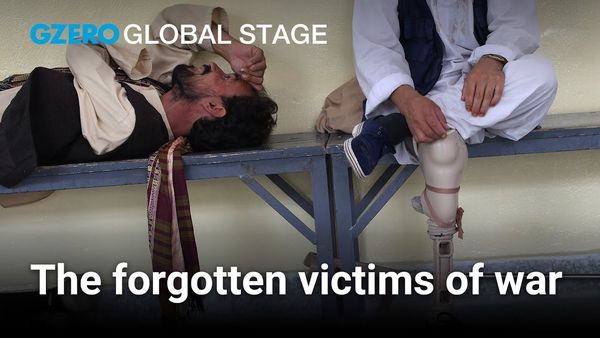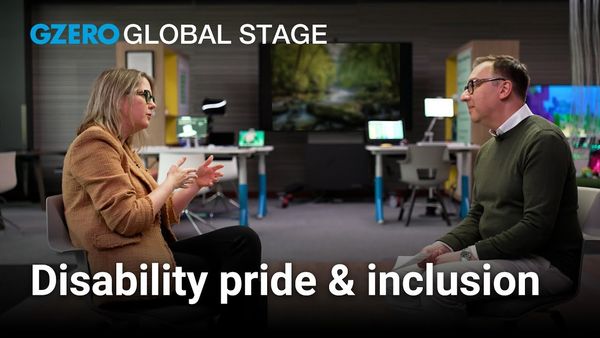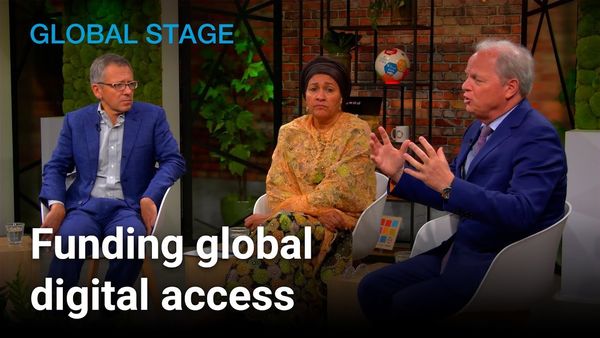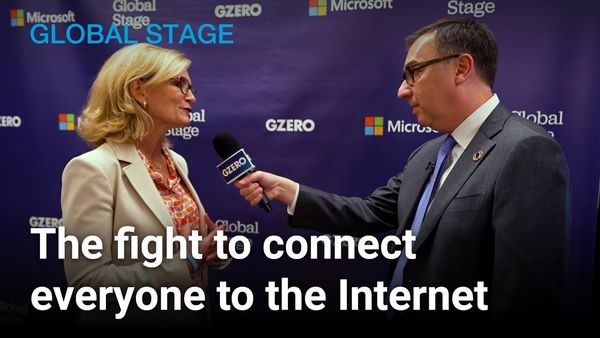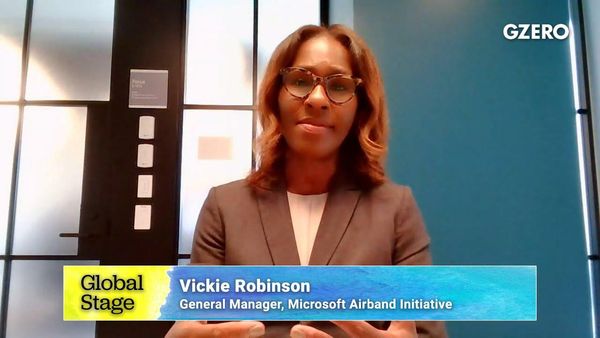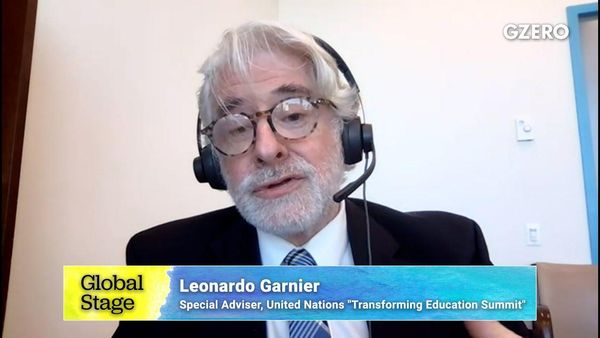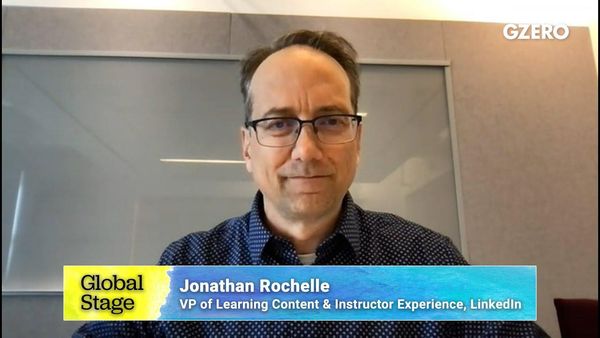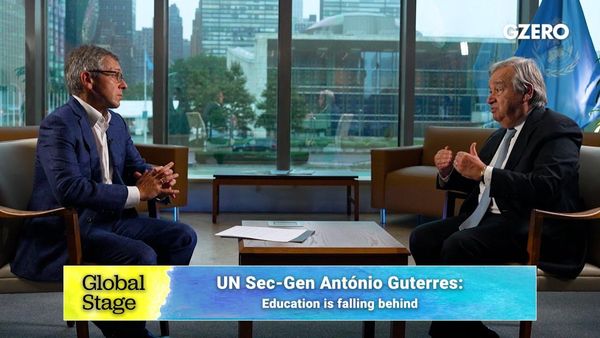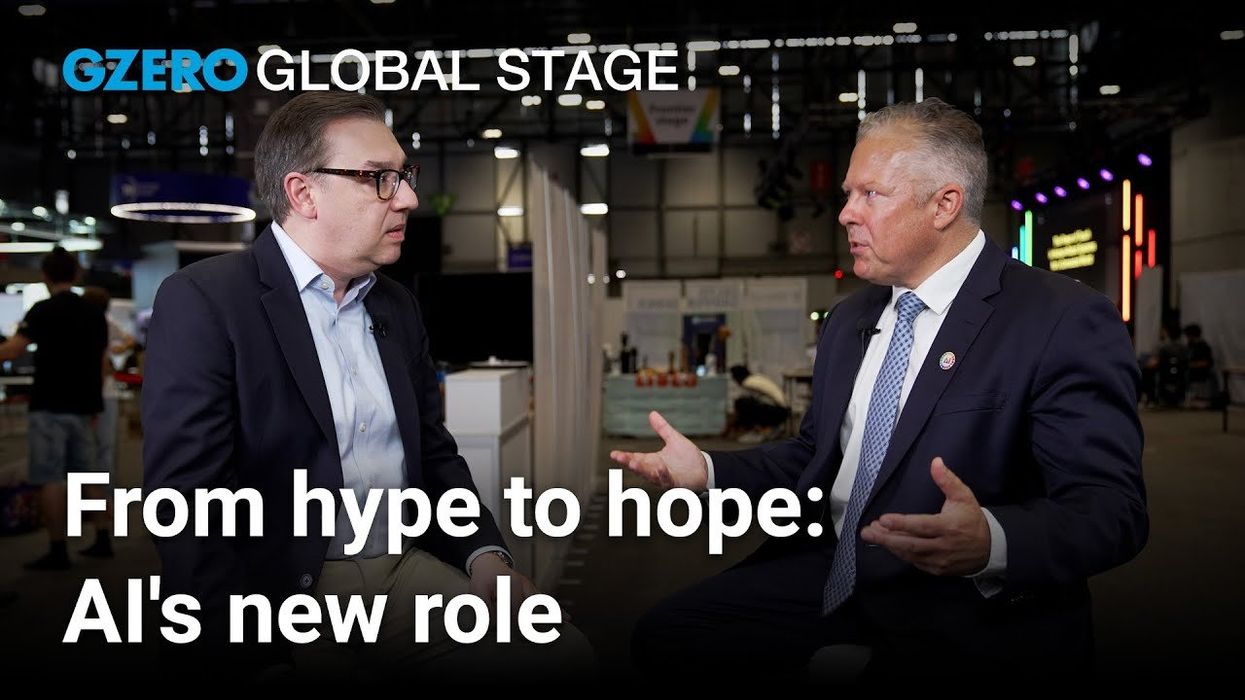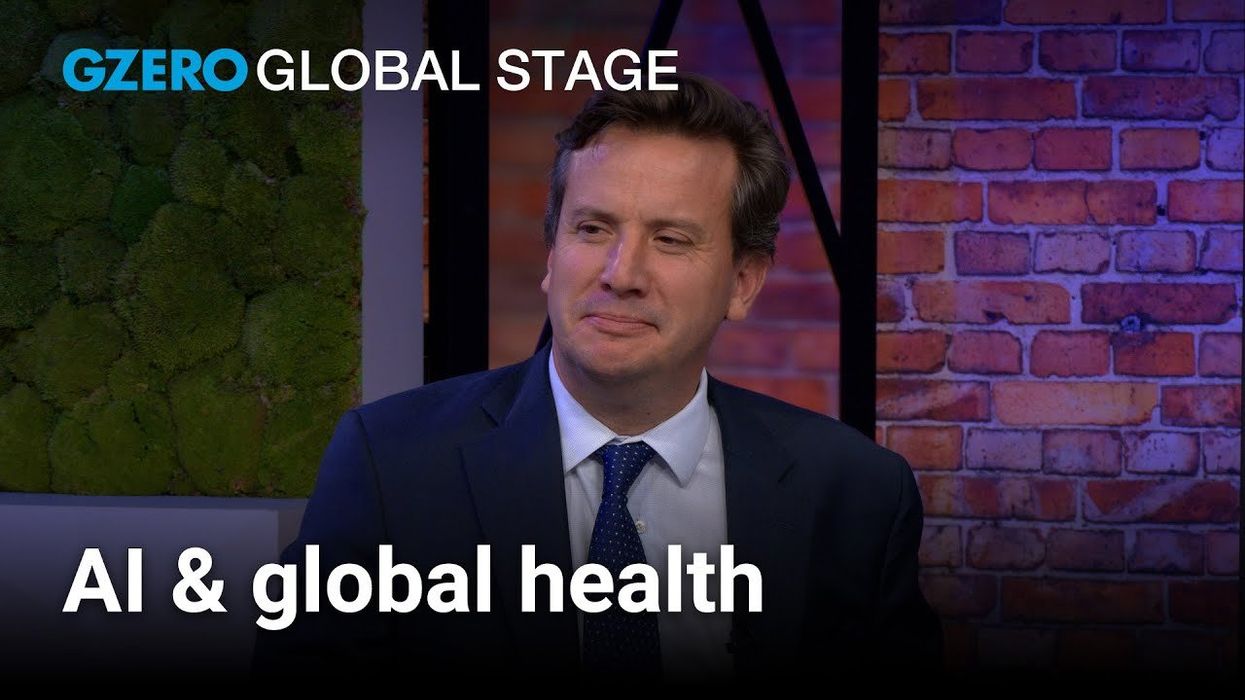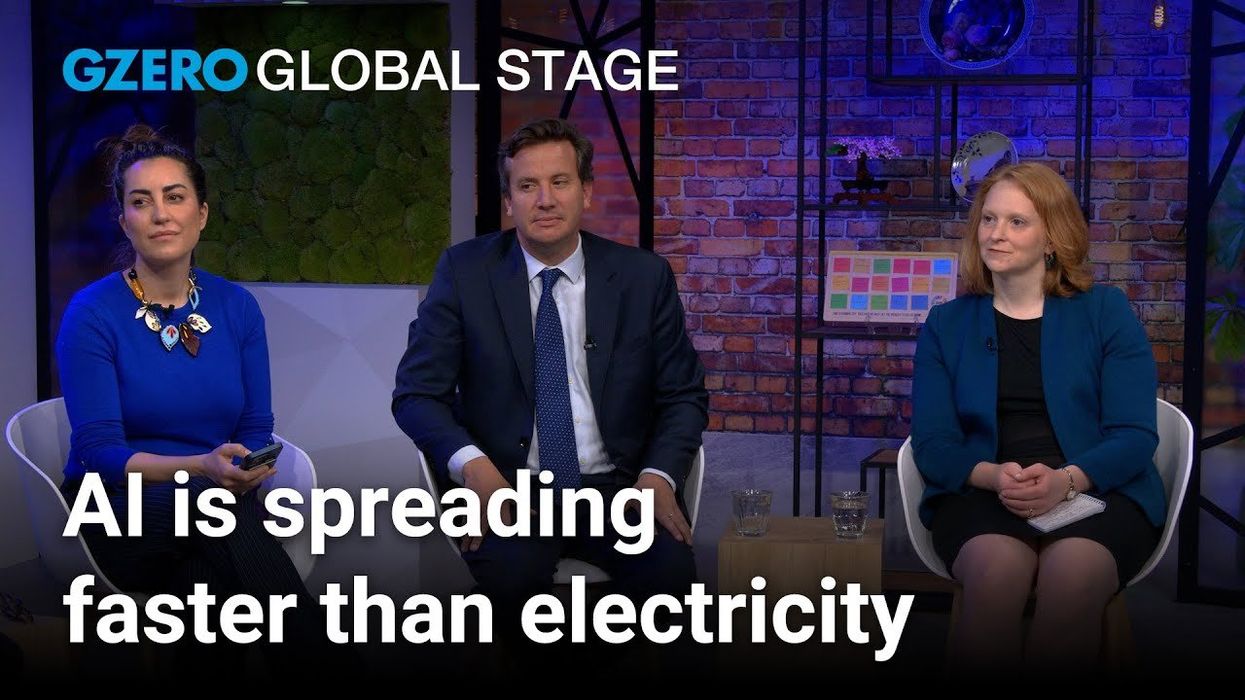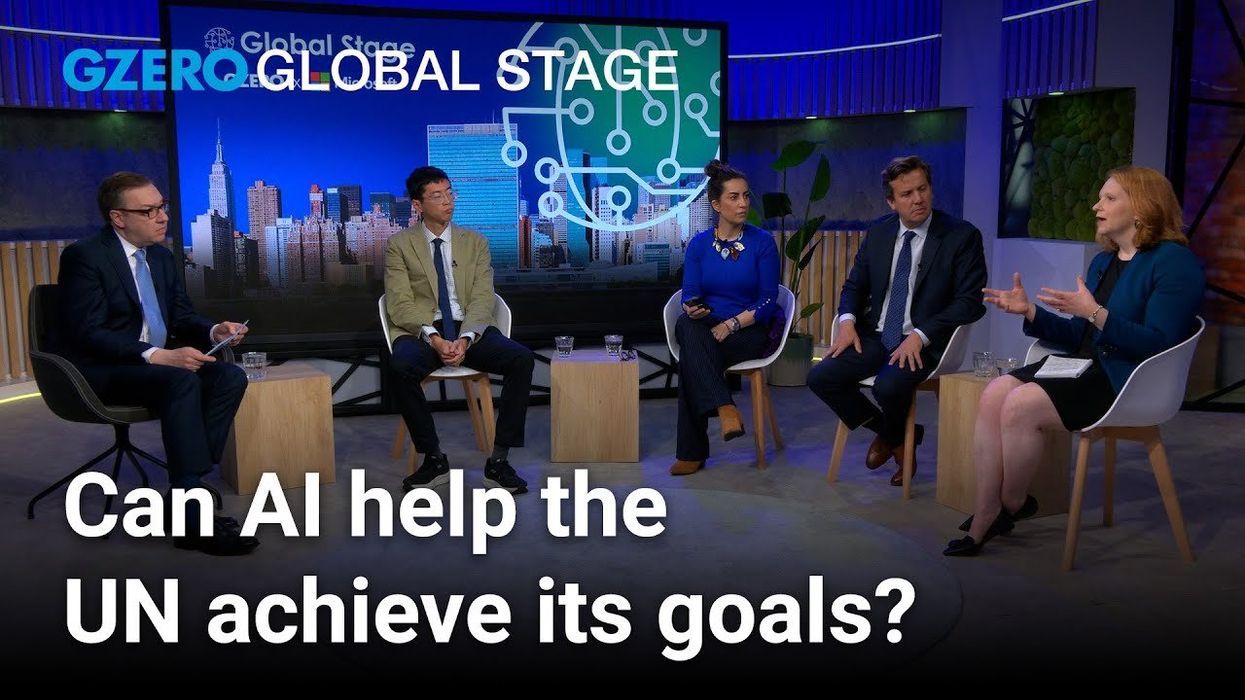Why Giles Duley advocates for the forgotten victims of war
September 25, 2024
In 2011, documentary photographer Giles Duley had what he describes as his “worst day at the office,” a day when he was critically injured by an improvised explosive device in Afghanistan. He lost both of his legs and his left arm, ended up in the hospital for a year, and was operated on 37 times. Duley was told he would never walk again, but 18 months later, he returned to Afghanistan and was back on the job, and he's dedicated his life to documenting and spreading awareness on the long-term impact of war.


